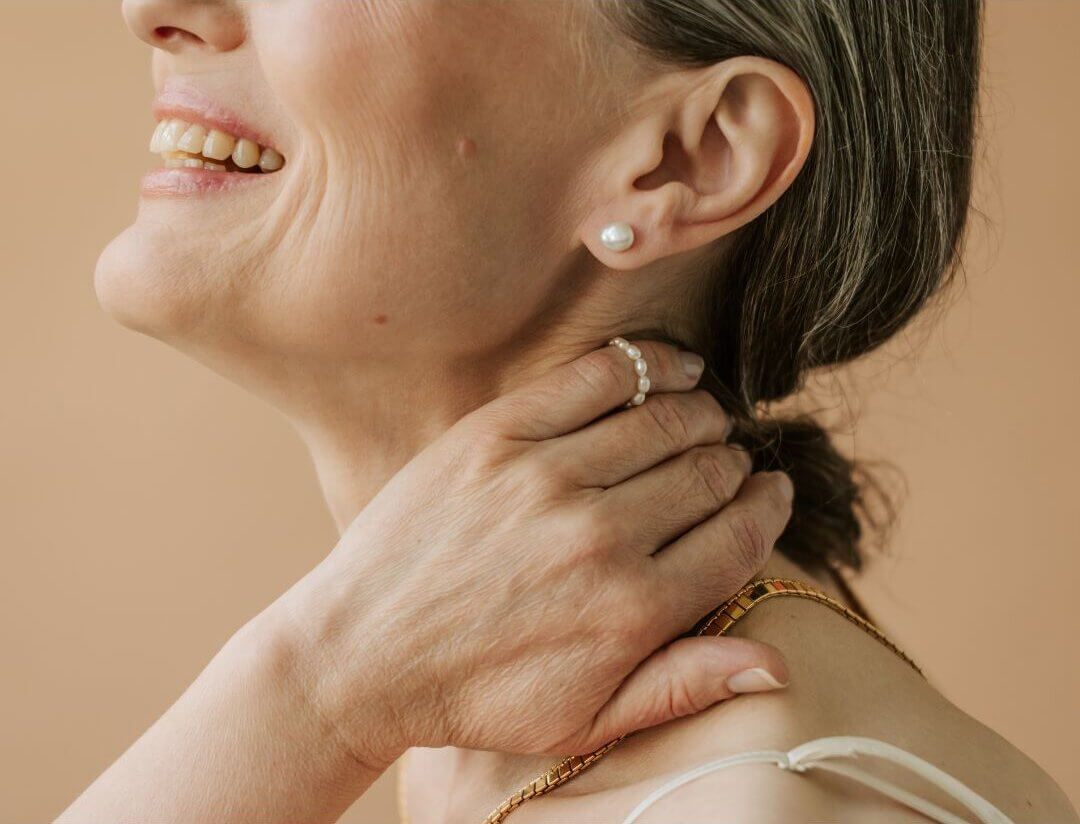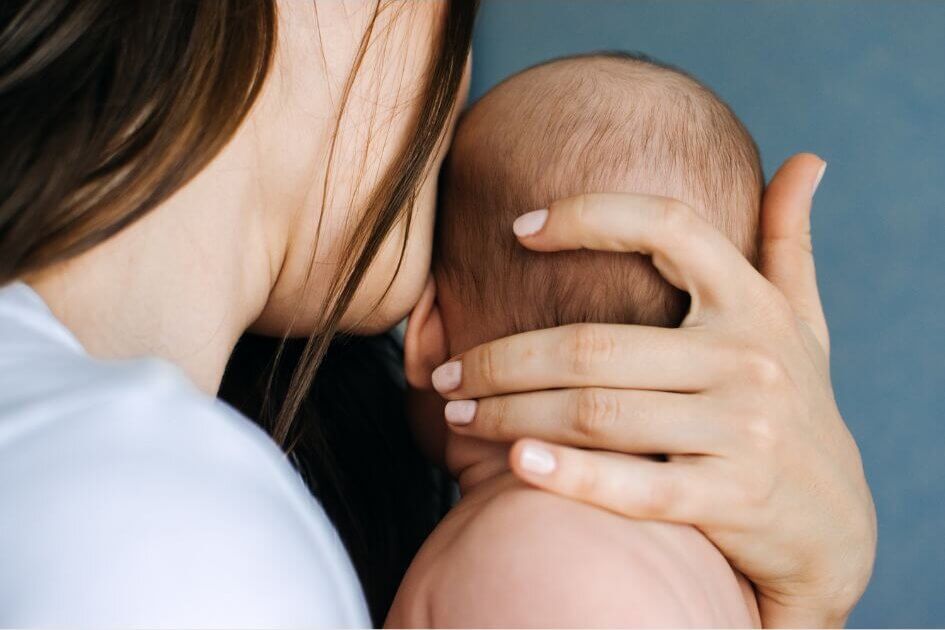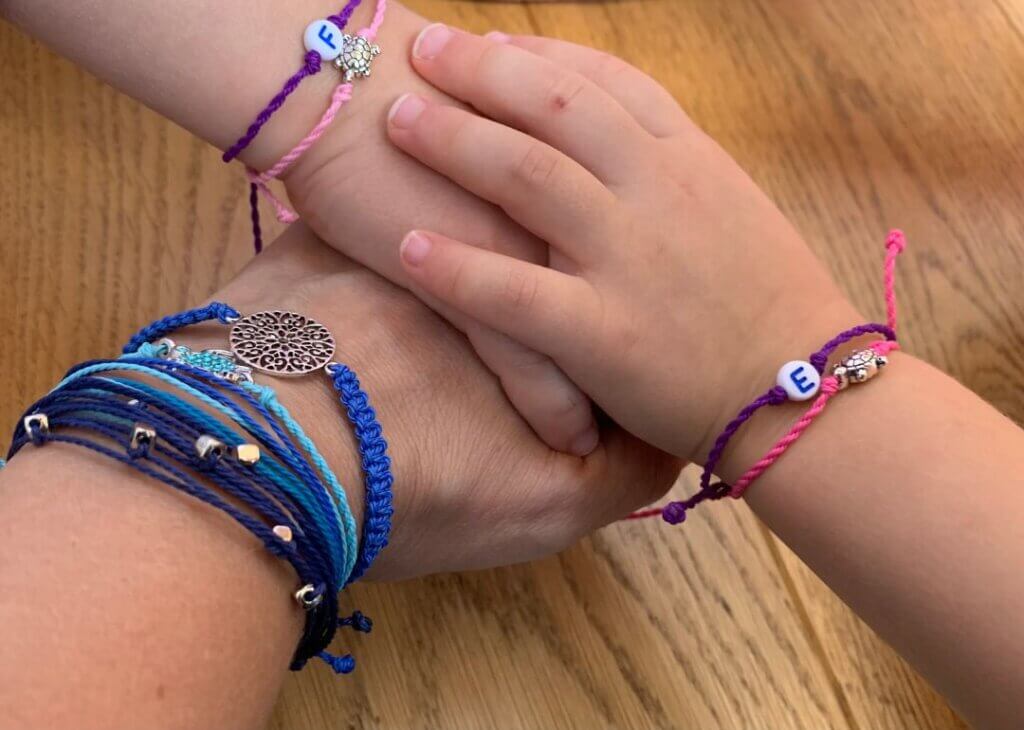Female pleasure is often overlooked, misunderstood, or pushed aside, especially as women enter midlife. This month on My Guest Insights, I’m thrilled to welcome Marie Morice, clinical sexologist and founder of The Pleasure Atelier™. Marie helps women navigate desire, body changes, and intimacy with warmth, honesty, and zero shame. Whether it’s perimenopause, post-divorce, or simply feeling out of touch with yourself, Marie believes pleasure is not something we grow out of; it’s something we can reclaim.
In this conversation, we talk about the taboos that still surround women’s sexuality, how to tune into your body again, and the small but powerful steps that can reconnect you with pleasure, on your own terms.
Myths and taboos about women’s pleasure
You work with women who want to build sexual confidence or deepen their intimacy in relationships. What are some of the common misconceptions or taboos that still shape how women relate to their sexuality and pleasure, particularly as they age?
One of the most persistent taboos is that women’s pleasure fades, or should fade, with age. We’re conditioned to believe that desire is something that belongs to youth, and once you’ve had kids, hit 40, or gone through menopause, your sexuality becomes irrelevant or invisible. That’s simply not true. In fact, many women I work with are discovering entirely new dimensions of pleasure in midlife, once they’ve shed some of the roles and expectations placed on them.
There’s also a deep-rooted shame around female desire itself. We’re taught to be desirable, not desiring. So many women carry internalised guilt for wanting more: more sensation, more exploration, more intimacy. And culturally, we’re still far more comfortable talking about male pleasure than female autonomy and arousal. We need to normalise the fact that women’s sexuality is complex, vibrant, and lifelong, not something that expires or exists only in service to others.
How hormonal and body changes can affect female desire
What changes, physical, hormonal or psychological, should women be aware of, and how can understanding these changes help them navigate pleasure in new ways?
Hormonal changes, especially around perimenopause and menopause, can bring shifts in desire, arousal, vaginal lubrication, sleep, and mood. But these changes aren’t linear or universal. Some women feel a dip in libido, others feel liberated from hormonal cycles or the fear of pregnancy and enjoy a surge in sexual freedom. What’s key is understanding that these changes are not problems to fix, they’re invitations to listen more closely to your body.
Culturally, we’ve medicalised menopause to the point where it’s only discussed as a decline. But desire doesn’t disappear, it evolves. Learning how your body now responds to touch, fantasy, or connection can open new pathways to pleasure. For example, slower arousal or lower spontaneous desire doesn’t mean a loss of sexuality; it might just mean your arousal now needs more intentionality, presence, and patience. And with the right support, whether that’s HRT, lubricants, or sex coaching, many women find this chapter to be a sexual renaissance.
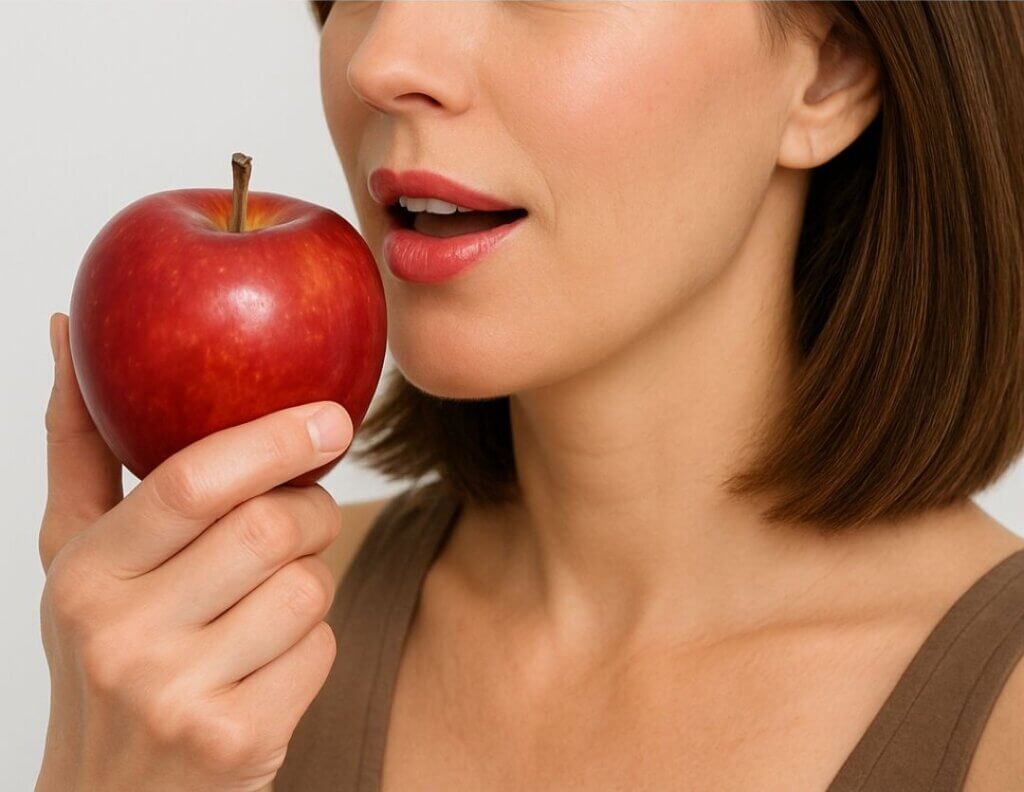
What are some of the key concerns or patterns you notice when it comes to women and pleasure, especially during times of change such as perimenopause, post-divorce, or other midlife transitions?
One recurring pattern is the sense of being “disconnected” from their bodies, not just physically, but emotionally. After years of caregiving, partnership, or career focus, women often tell me they feel numb, out of touch with their desires, or unsure how to even begin exploring them. There’s also grief, especially post-divorce; grief for lost time, unmet needs, or the version of themselves they suppressed to keep the peace.
But in that space of change, I also see incredible courage. These moments crack something open. There’s often a quiet but powerful question: What do I want now? And from there, we build. It’s about making pleasure a priority again, not for anyone else, but for yourself.
Small steps to reconnect with women’s pleasure
What are some small but powerful steps women can take to begin exploring or reclaiming their pleasure, especially if they’ve been disconnected from it for a while?
Start by giving yourself permission. Pleasure isn’t selfish, it’s generative. One simple practice I recommend is carving out ten minutes a day for sensual reconnection. That could be a shower with intention, slow self-touch, dancing to music you love, or even journaling about your desires. It’s not about orgasm or performance, it’s about tuning in.
Another step is to get curious about what turns you on now. That might be different from what it was ten years ago. Try exploring erotic fiction, guided self-pleasure audios, or simply naming what you’d like more of in bed. You don’t need to do everything at once. Small shifts such as breathing more deeply during touch or saying out loud “I want…” can be transformative.
Also, seek spaces where sexuality is celebrated, not pathologised. That might mean a workshop, a podcast, or a trusted coach. The most powerful shift often comes from realising you’re not alone. So many women are asking the same questions, yearning for the same reconnection. You’re not behind. You’re right on time.
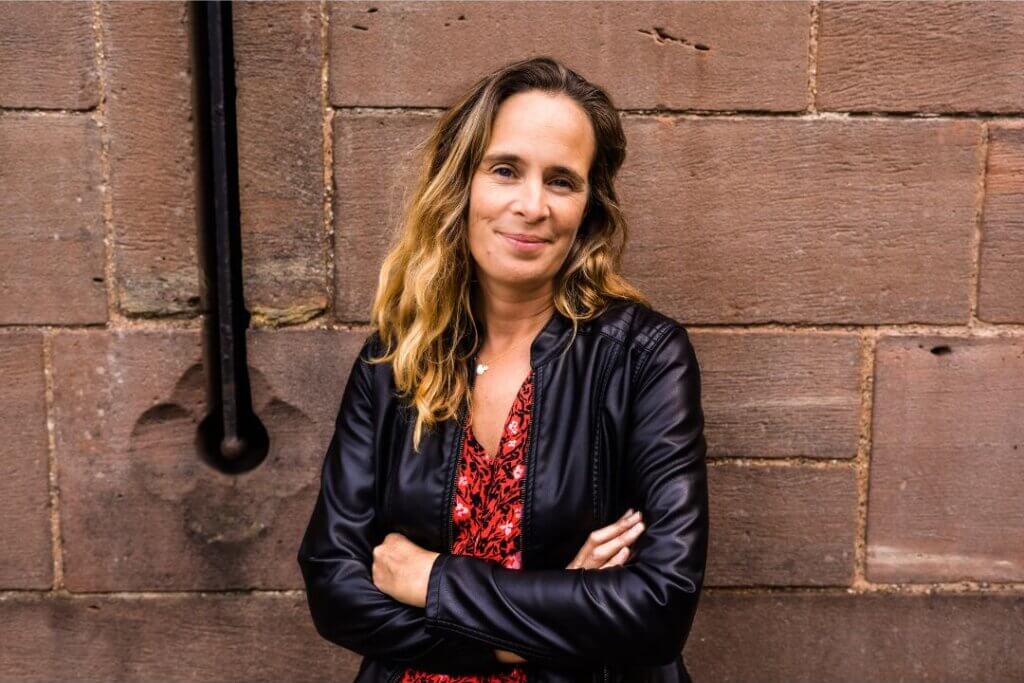
On a personal note, what practices or mindsets do you try to keep alive in your own journey as a woman prioritising her sexual wellbeing and pleasure?
I try to stay playful and curious. Desire isn’t static; it evolves, and so do I. One thing I prioritise is solo pleasure as a form of emotional grounding, not just sexual release. It’s a space where I meet myself: raw, honest, free of judgement. I also honour pleasure in non-sexual ways; through movement, scent, music, even the way I dress or eat. Sensuality is a mindset, not a goal.
And I remind myself often: I don’t have to earn pleasure. I don’t have to be in a certain body, mood, or phase of life. It’s my birthright.
A modern Lilith: What storytelling can teach us about desire
In Manhunting in Manhattan, Lilith, a 40-something newly single woman, starts reconnecting with a long-suppressed part of herself, touching on themes of sexuality, pleasure, and taboo. What inspired you to write this story, and how do you hope it opens space for more conversations and connections around women’s desires?
In mythology, Lilith was Adam’s first wife, created equal, yet cast out for refusing to submit. She said no, walked away from Eden, and chose exile over obedience. Over time, she became a symbol of defiance, sensuality, and female autonomy. I see her as a powerful archetype for women who are no longer willing to shrink themselves or apologise for wanting more.
Lilith’s story is, in many ways, my own and many other women’s. After divorce, I found myself navigating a world of dating, desire, and discovery that I’d never really experienced before. There was shame, excitement, curiosity, and a lot of hilarity. I wanted to write a story that captured that messy, exhilarating process of waking up: to your body, your boundaries, your longing.
The name Lilith was no accident. In writing Manhunting in Manhattan, I wanted to channel that energy. The book is fiction, but it’s grounded in truth: that pleasure is political, and personal, and deeply healing.
That same truth is what led me to create The Pleasure Atelier™. While Manhunting gives women a story they can relate to, The Pleasure Atelier™ gives them a space to live it, to explore pleasure in real life, on their own terms. It’s a space of self-discovery, sensuality, and radical permission.
What is on the horizon
Finally, what shifts would you love to see in the way society talks about and supports women’s sexuality?
I’d love to see sexuality treated as a vital part of women’s wellbeing, just like nutrition, mental health, or fitness. That means better education, media that reflect real women’s desires and bodies, and healthcare systems that don’t dismiss sexual symptoms or shame pleasure.
We need to stop reducing female sexuality to reproduction or aesthetics. Pleasure is not a luxury; it is awareness, energy, and healing. It tells us where we feel safe, what lights us up, and what we need more of. When women are allowed to explore that without stigma, everyone benefits. I want to see workplaces talking about menopause and desire without embarrassment, doctors asking about sexual wellbeing as standard practice, and more representation of older, queer, and diverse women in conversations about sex. That’s exactly what I’m building with The Pleasure Atelier™, a space where pleasure is treated as essential, not extra. Through workshops, coaching, and community, we’re creating a new framework where female sexuality is respected, explored, and celebrated. Ultimately, I want pleasure to be seen as a source of power. Because it is.
Closing note:
Thank you to our guest, Marie, for bringing light, humour, and deep wisdom to a subject that deserves far more open, empowering conversations. Marie reminds us that pleasure isn’t a luxury or a phase, it’s part of who we are. It’s key to our wellbeing, our identity, and every woman deserves access to it, at every age.
If you’d like to explore this theme through fiction, her novel Manhunting in Manhattan offers a powerful and playful take. Inspired by the myth of Lilith, it tells the story of a woman rediscovering her desire and voice after years of silence, a journey that reflects the lived reality of many. The book is available to purchase: a bold, funny read that doesn’t shy away from the deeper stuff.
Continue your journey of self-discovery, join the Celebrate Life’s Seasons Challenge.
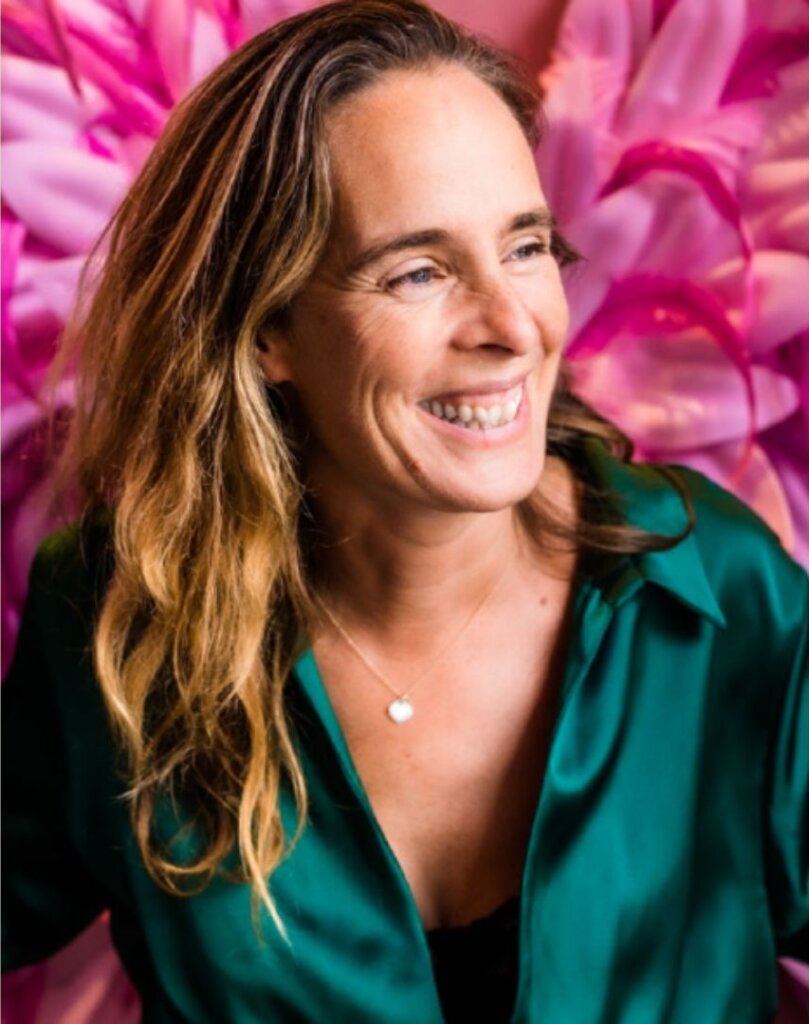
About my Guest: Marie Morice
Marie is a clinical sexologist passionate about supporting women to put their pleasure and wellbeing first. She is also the founder of The Pleasure Atelier™, a nurturing space where pleasure is treated as essential, not optional.
Through her therapeutic work, workshops, and writing, she helps women feel more confident, connected, and sexually fulfilled at every stage of life. Marie is redefining how female sexuality is explored and celebrated, through open conversations and by empowering women to build a deeper relationship with their bodies, their desires, and themselves.

